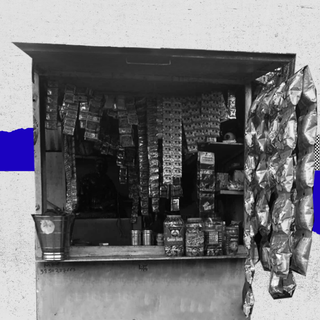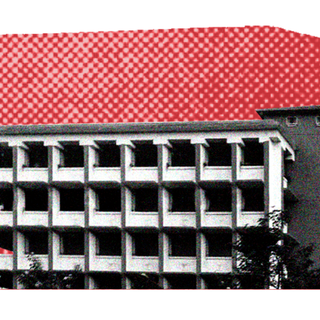“Administrative infrastructure such as Aadhaar has propelled such conveniences as digital payments, internet shopping, and online schooling. Yet, precisely because of India’s size and poverty, tens of millions still are left out — because they are poor, illiterate, disabled, lack electricity, do not possess a smartphone, or cannot connect to a mobile or Wi-Fi network,” states an article in The Economist, chronicling the myriad challenges in the implementation of Aadhaar in India.
The Indian government, however, has declined to acknowledge the very real problems citizens have been facing with an otherwise ambitious digital venture. It has been quick to dismiss The Economist’s article as “inaccurate and biased.” But invalidating the experiences of citizens won’t fix the problem with Aadhaar, and automatically make it “successful.”
The present government, and perhaps many before this, have a tendency to dismiss criticism with its policy decisions, rather than engaging with the critics and addressing their concerns. Unfortunately, the idea that criticism is a good tool for better governance seems to be lost on people in power in India. Indian politics has been rife with instances of any criticism of the governments’ policies being necessarily treated as hostile, rather than constructive.
Related on The Swaddle:
MIT Researchers Reviewed the Aarogya Setu App and Rated It 2/5
Earlier this year, for instance, the union government refused to include data on Other Backward Castes (OBCs) in the 2021 census despite anti-caste activists, as well as the state governments of Bihar, Maharashtra, and Odisha, requesting a comprehensive caste-based census. Excluding caste-wise data will not erase casteism, but including it has the “potential to be the beginning of the end of caste,” a researcher had argued. Its inclusion would’ve been crucial to monitor how caste affects people — to devise ways to address its impact.
Even in terms of the present article by The Economist, the government rejected the reproach of its erstwhile policy requiring people to book vaccine shots only through the Co-WIN portal. The article alleged it had left several illiterate and economically deprived people disadvantaged.
Given that only 38% of households in India were “digitally literate,” as a report from March found, is the censure really invalid? The researchers of the March report had defined “households being digitally literate” as the ability of, at least one individual above the age of five “to operate a computer and use the internet.” Moreover, the government, too, had ultimately revised its policy relaxing the reliance on Aadhaar. Then, why not accept it?
Related on The Swaddle:
Indian Culture Normalizes Spying. This Affects How We View Digital Privacy
The refusal to acknowledge problems with Aadhaar, however, is even more worrying at a juncture, where the government is linking — often, mandatorily — food, pension, and other welfare schemes with Aadhaar. The consequence of linking sustenance with a flawed system has been, well, disastrous. As The Economist’s article says: “In a few tragic cases those who have lost access to subsidized food because they cannot link their old ration cards to new Aadhaar cards, or because fingerprint readers in remote towns do not work properly, have starved to death.”
Unfortunately, however, even that hasn’t sufficed as a wake-up call for policymakers.
Earlier this year, it was reported that the Indian government is testing a pilot project that involves replacing biometric scan identification for vaccines with facial recognition via Aadhaar data. With the problems already plaguing Aadhaar, one might argue it wouldn’t be prudent to make it a barrier to accessing something as essential and life-saving as a Covid19 vaccine. “[A]s of now, it clearly is more flawed than valuable,” Aditi Murti had reported for The Swaddle.
What the future holds for citizens being compelled to rely on a flawed system to access basic necessities like food, is anyone’s guess. But one does hope the policymakers stop dealing with censure as a personal attack, rather than a way to build a less-flawed, more inclusive system.




